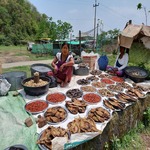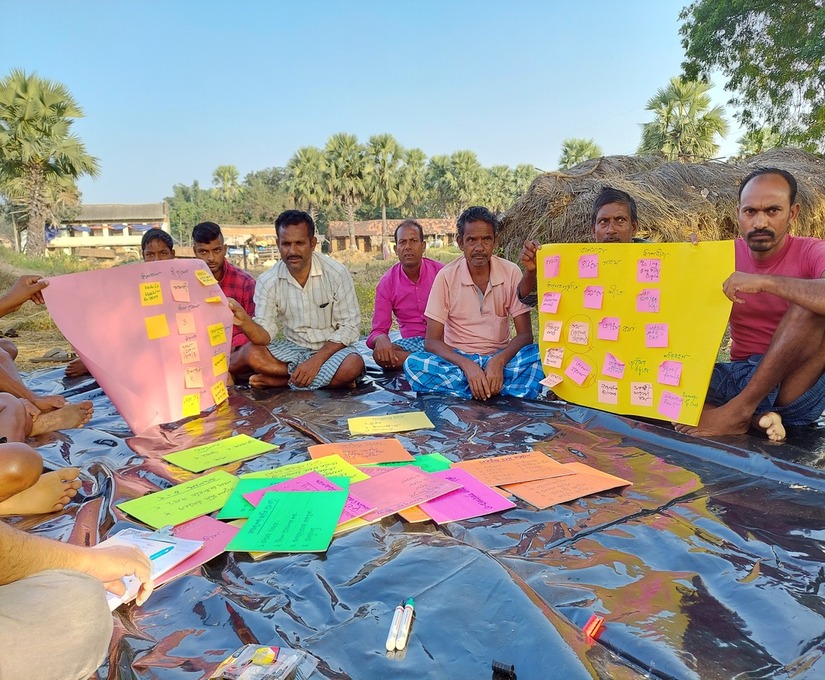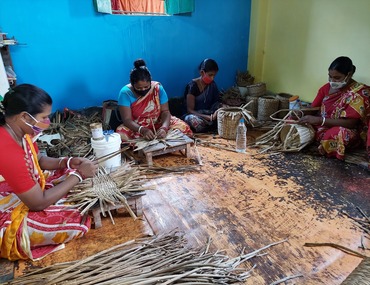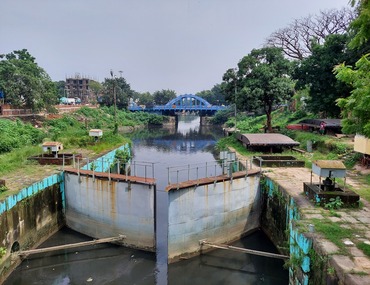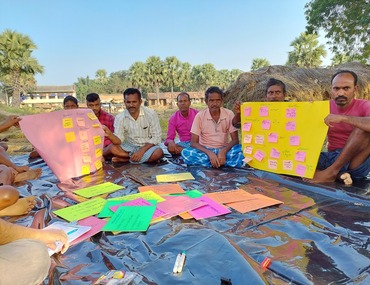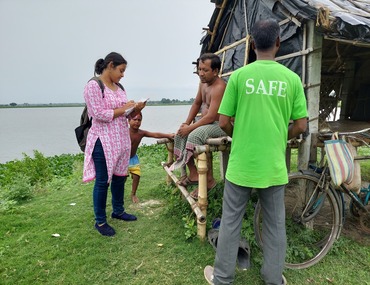Provisioning Services
A provisioning service is any type of benefit to people that can be extracted from nature. Along with food, other types of provisioning services include fibers, building materials, drinking water, timber, wood fuel, energy, natural gas, oils, plants that can be made into clothes and other materials, biochemical & genetic resources and medicinal benefits.

